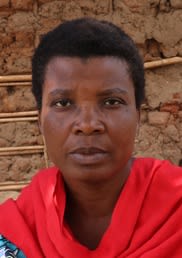Conflict impacts on gender and masculinities expectations on people with disabilities in Kachin state: A rapid assessment
This report assesses the impact of conflict on the expectations of gender and masculinity for people with disabilities in Kachin state, Myanmar.
In Myanmar there is increasing awareness that gender is important in governance, in understanding conflict and building peace. Since women are often missing in formal settings, programming on ‘gender’ has frequently translated into a focus on ‘women and girls’, usually as conflict victims contrasted with men as perpetrators of violence. The ‘other side of gender’, i.e. the experience of men and boys in conflict, is less well understood from a gender perspective at the global level and even less studied in the conflicts in Kachin state in Myanmar.
Conflict-related violence, whether through landmines or armed violence, and the attendant lack of access to medical services, increases the numbers of people living with disabilities yet they tend to be missing from the voices consulted by policy- and decision-makers. While the majority of combatants are male, so are high numbers of conflict casualties and victims, yet the impacts of conflict on men’s experiences and vulnerabilities are little understood.
This rapid assessment sought to address this gap by assessing the conflict impacts on gendered expectations on people with disabilities, with a particular focus on masculinities. This is important because gender-blind approaches to provide services to persons with disabilities may miss important dynamics, and because the voices of people with disabilities have been missing from discussions around peace and conflict.






